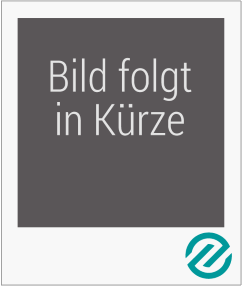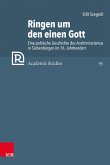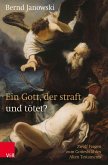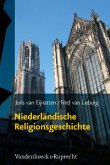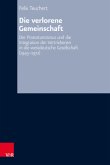Christian actors were highly influential in the reconciliation process between Germany and Poland after World War II. The theological understanding of reconciliation has been applied to the aftermath of an international political conflict and exceeded the field of religion.
This volume collects eight researchers, who demonstrate from Lutheran and Catholic theology, history and political science, that reconciliation is not a straight development leading to restoration of a damaged relationship. On the contrary, it shows to be a dynamic negotiating process, including obstacles and setbacks.
Hinweis: Dieser Artikel kann nur an eine deutsche Lieferadresse ausgeliefert werden.
This volume collects eight researchers, who demonstrate from Lutheran and Catholic theology, history and political science, that reconciliation is not a straight development leading to restoration of a damaged relationship. On the contrary, it shows to be a dynamic negotiating process, including obstacles and setbacks.
Hinweis: Dieser Artikel kann nur an eine deutsche Lieferadresse ausgeliefert werden.

